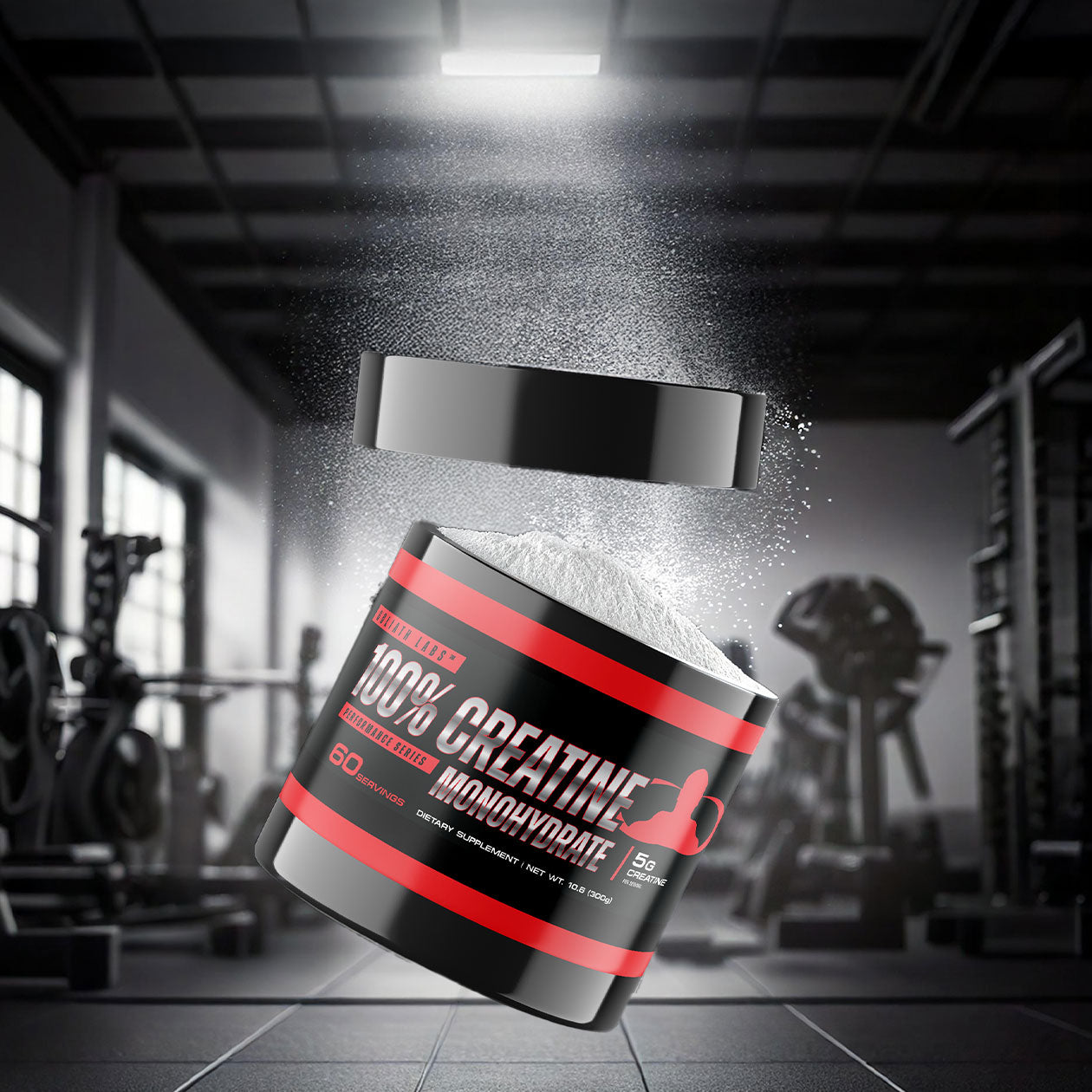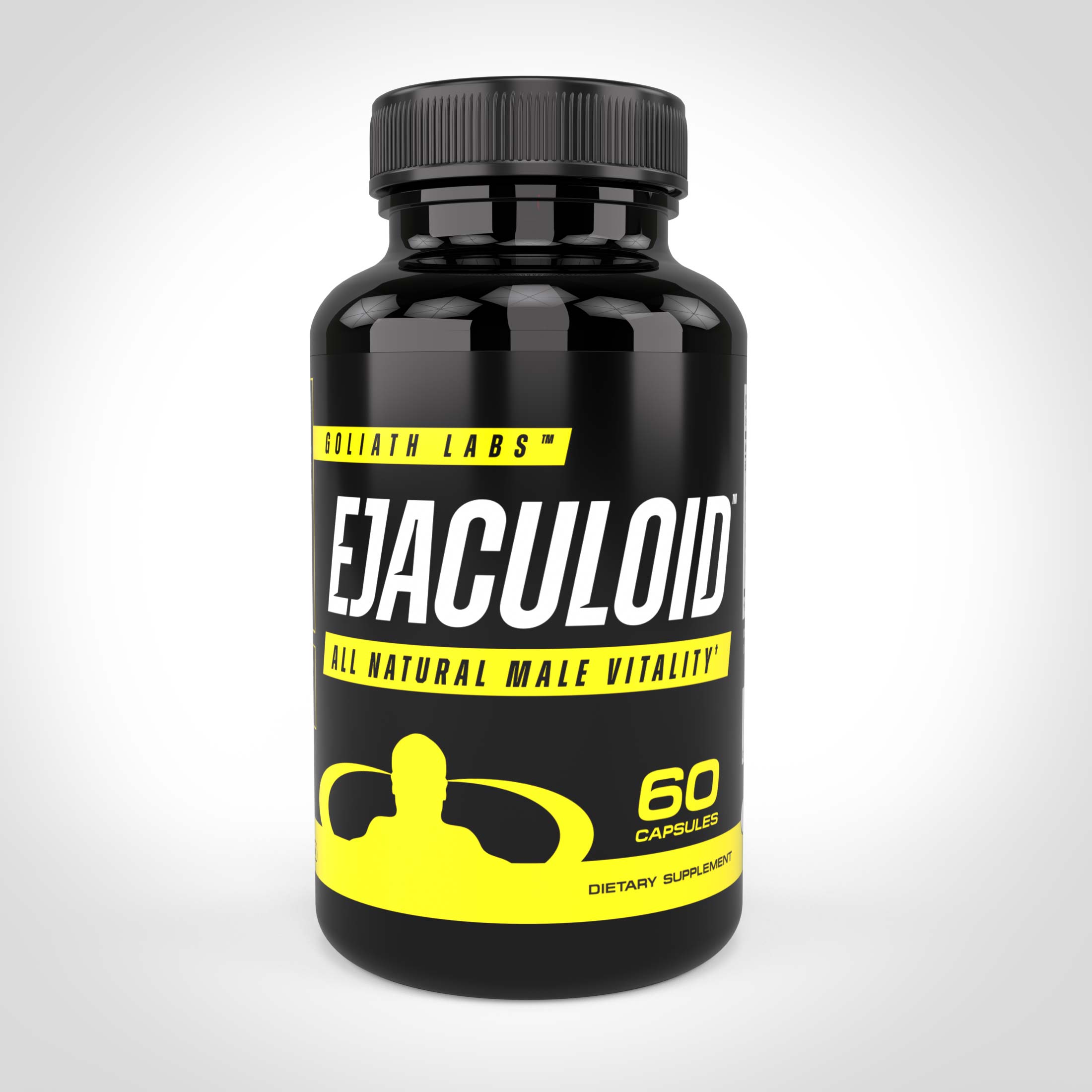Many people experience bloating after drinking protein shakes, even when the rest of their diet feels dialed in. The discomfort can range from mild pressure to visible swelling and digestive upset, often showing up within an hour of finishing the shake.
For some, it’s frustrating enough to question whether protein powder is worth using at all.
This reaction doesn’t happen to everyone, and it doesn’t always mean there’s something wrong with the protein itself. In most cases, bloating is caused by how the powder is made, what it’s mixed with, and how the body processes it.
If you’ve ever wondered why this happens, or how to stop it, this article will walk you through the real causes and practical ways to get your digestion back on track.
Why Your Protein Shake Might Be Messing With Your Gut
When people ask, “Does protein powder make you bloated?” they’re usually not reacting to the protein itself, but to everything that’s been added to it.
Many protein powders contain lactose, especially whey concentrate, along with sugar alcohols, gums, thickeners, and artificial sweeteners. These ingredients are often included to improve taste, texture, and shelf life, but they’re also some of the most common causes of digestive distress.
A common frustration sounds like this: “I can eat cheese just fine, but protein shakes blow me up.”
That’s because cheese contains fat and enzymes that slow digestion, while shakes, especially those made with cheap concentrates, deliver a rapid hit of lactose without much to buffer it. For anyone with mild lactose sensitivity, that fast flood can cause gas, cramping, or bloating.
Even so-called “clean” protein powders can trigger issues.
Sugar alcohols like sorbitol or erythritol ferment in the gut, especially if you drink your shake quickly or on an empty stomach. Artificial sweeteners can disrupt your gut bacteria. And thickeners like xanthan gum or carrageenan can slow digestion and trap air.
Why Bloating Happens Even to Healthy People
You don’t have to be lactose intolerant to feel bloated from whey protein. Whey concentrate often contains residual lactose, sometimes just enough to trigger symptoms in people who otherwise tolerate dairy.
Unlike whole foods, which digest more slowly and are balanced with fats or fibers, protein shakes hit the gut quickly and all at once, increasing the likelihood of fermentation, gas, and cramping.
A common question is, “Why do I bloat with shakes, but not with eggs or chicken?”
The answer lies in digestion speed and processing. Whole foods require mechanical breakdown and enzyme signaling, which slows the release of nutrients. Protein powder, especially in liquid form, bypasses those steps and can overwhelm the gut if digestion isn’t primed.
Gut health also plays a major role.
If your microbiome is out of balance, or if you’re dehydrated, protein can ferment in the gut instead of being efficiently absorbed.
Hormones matter too. Many women report feeling more bloated from whey protein around their cycle, as water retention and slower digestion compound the effect.
Even timing could affect the outcomes.
Chugging a cold shake after a workout might feel refreshing, but sipping it more slowly, especially alongside food, can ease the load on your digestive system and improve how your body handles it.
The Surprising Things That Make Bloating Worse
Even when you’ve chosen a high-quality protein powder, bloating can still creep in due to how you’re consuming it. Small changes in timing, preparation, or food pairings can have a big impact on how your body handles a shake.
These aren’t gut issues caused by poor health, they’re digestion mistakes that even the healthiest people make. Below are five overlooked habits that can turn a simple shake into a digestive struggle.
Drinking Your Shake Too Fast
When you drink a shake in under a minute, especially post-workout, your digestive system has no time to signal enzymes or break down nutrients properly. The result is fermentation, trapped gas, and that heavy, swollen feeling that can linger for hours.
Mixing With Dairy Milk Instead Of Plant-Based Alternatives
Even low-lactose milk can tip the scale toward bloating when combined with whey concentrate. Almond, oat, or coconut milk offer easier digestion, especially for those with mild sensitivities. These non-dairy options help reduce overall lactose load without sacrificing creaminess or nutrient delivery.
Not Letting Your Shake Settle Before Drinking
Freshly blended shakes often hold excess air, especially if made in high-speed blenders. Waiting 5–10 minutes after blending allows bubbles to dissipate, making the shake gentler on your stomach and less likely to contribute to bloating or gas.
Drinking Overly Frothy Shakes
Froth isn’t just a texture issue, it’s swallowed air. The more air you consume, the more pressure builds in your digestive tract. Frothy shakes plus fast drinking can double the discomfort and lead to unnecessary bloating.
Pairing Your Shake With Gas-Producing Foods
Foods like broccoli, beans, onions, and cauliflower are high in fermentable carbs. When combined with protein powder, they can overwhelm your gut, resulting in bloating that feels disproportionate to the meal. Keep pairings simple to avoid this reaction.
8 Proven Fixes For Bloating From Protein Powder
If bloating has you questioning whether protein powder is worth the discomfort, that’s understandable.
But cutting out protein entirely isn’t the answer. The right tweaks, whether in product choice or routine, can help you avoid digestive stress while keeping your nutrition on track.
Here are eight evidence-based strategies to reduce or eliminate protein shake bloating, drawn from expert advice and customer experience.
Switch To Whey Isolate Or Hydrolysate
Whey isolate undergoes additional filtration to remove most of the lactose and fat, making it gentler on the digestive system. Hydrolysate goes a step further, partially breaking down proteins for faster absorption. Both are ideal for those sensitive to dairy or prone to post-shake discomfort.
Choose Plant-Based Proteins With Caution
Pea, rice, and soy proteins are popular non-dairy options, but they’re not automatically easier to digest. Some contain fermentable fibers that can still cause bloating, especially in large amounts. Look for clean, minimally processed options with no gums or added sweeteners.
Go Unflavored To Avoid Hidden Triggers
Many flavored powders contain sugar alcohols, artificial flavors, or thickening agents, all of which can irritate the gut. Choosing an unflavored protein gives you control over what you’re consuming and removes common irritants linked to bloating.
Add Fats And Carbs To Slow Digestion
Blending your shake with a tablespoon of almond butter or a handful of berries helps moderate the absorption rate. This balanced macro combo can ease digestion, reduce blood sugar spikes, and help your gut process protein more effectively.
Let It Settle And Sip Slowly
Blending introduces air, and chugging compounds the issue. Mix your shake ahead of time, give it a few minutes to rest, and sip it gradually. This simple adjustment can dramatically cut down on swallowed air and gut pressure.
Use Digestive Enzymes Or Probiotics
If your bloating stems from enzyme insufficiency or poor gut flora, consider targeted supplements. Digestive enzymes help break down proteins and lactose, while probiotics support microbiome balance, both of which are key to smoother digestion.
Distribute Your Intake Throughout The Day
Loading 40 grams of protein into one shake can overload your digestive capacity. Aim for 20–30 grams per meal instead. Spreading your intake helps your body absorb nutrients more efficiently and avoids intestinal stress.
Pair Protein With Meals, Not On An Empty Stomach
Taking protein solo, especially first thing in the morning or post-workout, can upset the gut. Combining it with food gives your digestive system more to work with and can prevent rapid fermentation or gastric irritation.
When Bloating Signals a Bigger Problem
Occasional bloating from protein shakes is manageable. But if it becomes persistent, regardless of product type or routine, it may point to an underlying issue.
Unexplained gas, cramping, or swelling after every shake could signal lactose intolerance, food sensitivities, or a gut microbiome imbalance. Symptoms like nausea, irregular bowel movements, or a “heavy” feeling that lasts all day shouldn’t be ignored.
If you're already using a clean formula and still struggling, it may be time to consider broader digestive conditions like:
These can amplify your body’s reaction to even trace ingredients in protein powder.
Chronic stress is another silent driver.
In our work with customers using performance formulas like Ejaculoid, we’ve seen how cortisol overload can slow digestion, weaken enzyme activity, and disrupt gut lining integrity. The result? Bloating, fatigue, and mood swings that feel disproportionate to your lifestyle.
What to Look for in a Bloat-Free Protein Powder
If you’re serious about eliminating protein shake bloating, start by reading the label, not just the flavor.
The right formula isn’t just about grams of protein, it’s about what else is in the scoop. A truly bloat-free protein is built with digestion in mind, not just macros.
No Proprietary Blends Or Protein Spiking
Brands that hide behind vague blend names or inflate protein content with cheap amino acids make it hard to know what you're really consuming. Look for full transparency, every ingredient clearly listed with its dosage. If it’s not on the label, assume it’s not working for you.
Clinically Backed Ingredients With Real Dosages
It’s not enough for a powder to claim “digestive support” or “added enzymes.” Those features only matter if the amounts used are clinically effective. Seek products that use research-based ingredients at functional doses, not window dressing.
Third-Party Testing And Heavy Metal Screening
Protein sourced from low-quality suppliers can contain contaminants like lead or arsenic. A reputable brand will test for these and share results. Look for products manufactured in GMP-certified facilities with third-party verification.
No Artificial Sweeteners Or Gut-Disrupting Fillers
Sweeteners like sucralose, acesulfame potassium, or sugar alcohols (like erythritol) can trigger bloating, gas, and microbial imbalance. Choose formulas without these irritants, and ideally, without gums or emulsifiers like carrageenan.
Mixability And Taste That Actually Work
If your shake clumps, foams, or tastes like chalk, you won’t stick with it. Digestibility is key, but so is consistency and flavor. A protein powder should be easy to mix and enjoyable to drink, day after day.
Don’t Quit Protein, Fix Your Shake
Protein isn’t optional, it’s foundational.
Whether you’re rebuilding after a hard workout, managing energy through long shifts, or simply trying to stay strong as you age, your body needs a reliable protein source. And that includes everyone, not just athletes, but moms, truckers, teachers, and retirees.
If bloating has made you second-guess your shake, don’t write off protein altogether.
That discomfort isn’t a sign to quit, it’s a sign to refine. With the right formula and a few smart adjustments, you can fuel your body without the side effects.
At Goliath Labs, we’ve spent over 20 years building products that actually work, for real people.
Our cold-processed whey protein is made without artificial sweeteners, unnecessary fillers, or gut-disrupting blends. It mixes clean, digests smooth, and delivers results without compromise.
You don’t have to suffer to make gains. With the right protein, your stomach and your goals can coexist.



